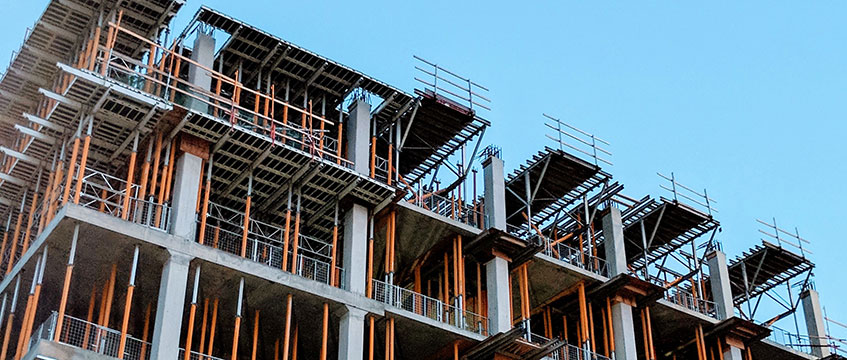England saw a drop in numbers of planning applications in the second quarter of 2024 and residential approvals reached a record low, according to the latest figure from the Ministry of Housing, Communities & Local Government.
The three months to the end of June saw 84,400 planning applications submitted, a 9% decrease on the equivalent period in 2023. Planning authorities granted 70,200 decisions, which is a 7% drop on Q2 2023, but the approval rate remained stable at 86%.
Residential approvals stood at 7,609, down 5% on the same period a year ago and 40% down on the quarterly spike of Q3 2016.
There were 1,600 permissions granted for commercial developments, a 9% decrease on the same period a year ago.
Planning application numbers have been on a declining trajectory since early 2021 and the latest figures come as the government tries to move forward with plans to reform the planning system and kick-start development, particularly for housing.
Knight Frank associate in residential development research Anna Ward put the latest figures down to higher finance costs, a weaker sales market, rising build costs and planning delays.
However, Ward believes there are still opportunities. She said: “While challenges remain, the recent fall in mortgage costs and the fact that planning and development are front and centre of the government’s objectives has already boosted sentiment and should give more developers confidence in bringing new housing projects forward.
“Crucially, those that act now in bringing schemes through the planning system will be selling new stock in a market facing a sharp supply crunch in the near term.”
The latest figures also reveal a regional disparity in the percentages of permissions granted within England. With 82% of decisions granted, London is the lowest, while the North East and East Midlands lead the way on 91% and 90% respectively.
Local authorities in the South East received 16,500 applications, more than any other region in England.
Tim Seddon, chief executive of Retirement Villages Group, said: “Today’s figures again confirm that the national supply of new housing is paralysed, perpetuating an intergenerational challenge with huge implications for the health of our society.
“We are encouraged to see the new government make housing supply a key priority. It’s clear the planning system needs urgent reform, and we would like to see pledges to fast-track urban brownfield site development and release lower quality ‘grey belt’ land implemented as soon as possible.”
Image © Tolu Olubode/Unsplash
Send feedback to Jim Larkin
Follow Estates Gazette












